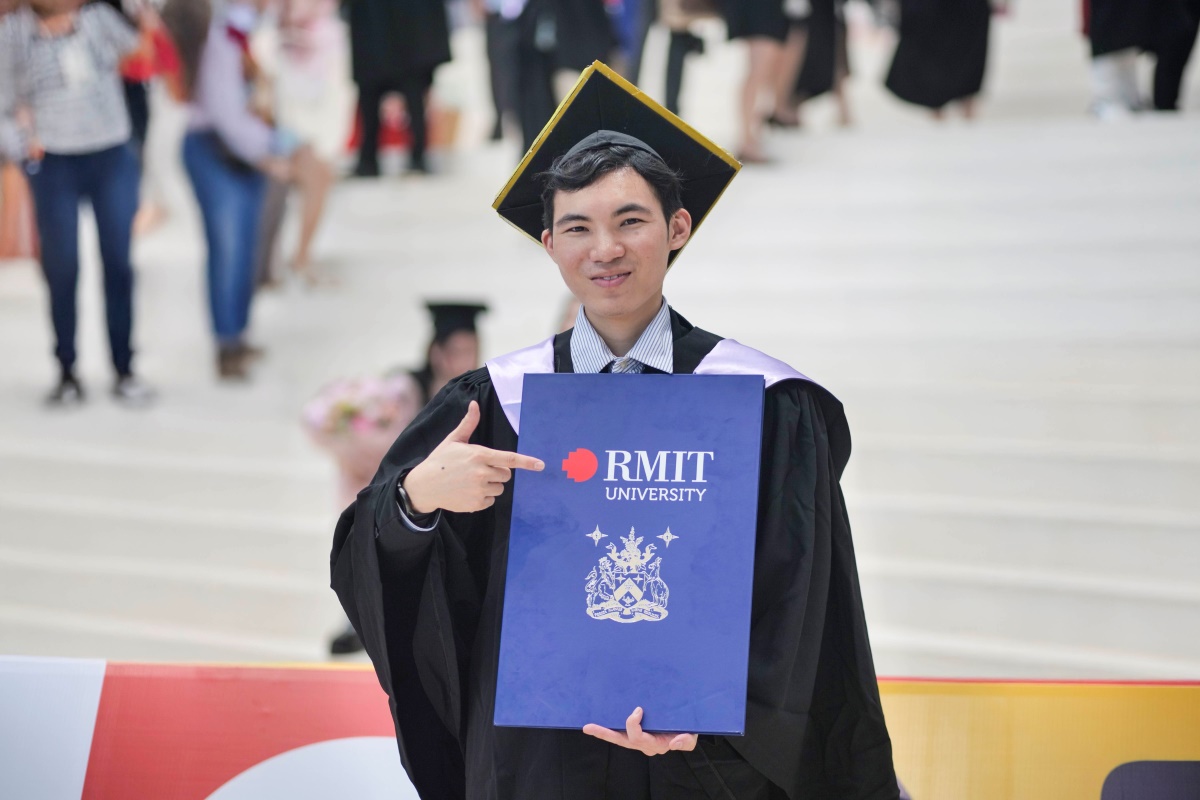Second, retailers should consider implementing a long-term omnichannel strategy to remain relevant and avoid falling behind the competition.
According to industry experts, an omnichannel marketing strategy does not need to be difficult; it just needs to be strategic and audience-focused. The omnichannel strategy should take into account consumer-centeredness, strong supply chain and logistics network, and cross-channel collaboration.
Retailers must meet customer needs across all channels. This means offering a consistent and cohesive shopping experience using different channels, allowing consumers to choose their preferred channels for research, purchase, and pick-up.
For instance, a webroomer should have the option to purchase online without having to wait for delivery. Instead, they can pick up the items purchased from any branch store close by (i.e., click-and-collect, buy online and pickup in-store or BOPIS).
In another instance, a webroomer can return goods in the retailer’s physical store even if they were bought in the online store (i.e., buy online and return in-store or BORIS). Retailers can take advantage of this action to save a sale (by suggesting comparable products) and increase foot traffic to the physical store as well as face-to-face engagement with customers.
Moreover, with the rising popularity of social commerce – where social networking sites become platforms to sell products and services directly to consumers – retailers can strive to provide a seamless buying experience within social channels as well.
It can be expected that many businesses will continue pouring investments into omnichannel projects to meet the evolving consumer needs, preferences, and expectations. In fact, the US omnichannel retail solutions market is forecasted to attain a compound annual growth rate of 13.6% from 2022 to 2030. It is safe to say that in the post-pandemic era, omnichannel retail is here to stay.
Story: Dr Alrence S. Halibas
About the author
Dr Alrence S. Halibas is a Senior Lecturer in Digital Marketing at The Business School, RMIT University Vietnam. Before joining RMIT in February 2020, she held academic leadership positions at Gulf College, Oman and La Salle University, Philippines. She is a Senior Fellow of the Higher Education Academy (SFHEA) and a Certified Management and Business Educator (CMBE). Dr Halibas has served as a technical committee member and presented at several international conferences, as well as published widely in high-ranking journals. Her current research interests include digital marketing, consumer behaviour, assurance of learning in higher education, and fuzzy-set qualitative comparative analysis.
Thumbnail image: Piman Khrutmuang – stock.adobe.com | Masthead image: Parradee – stock.adobe.com






